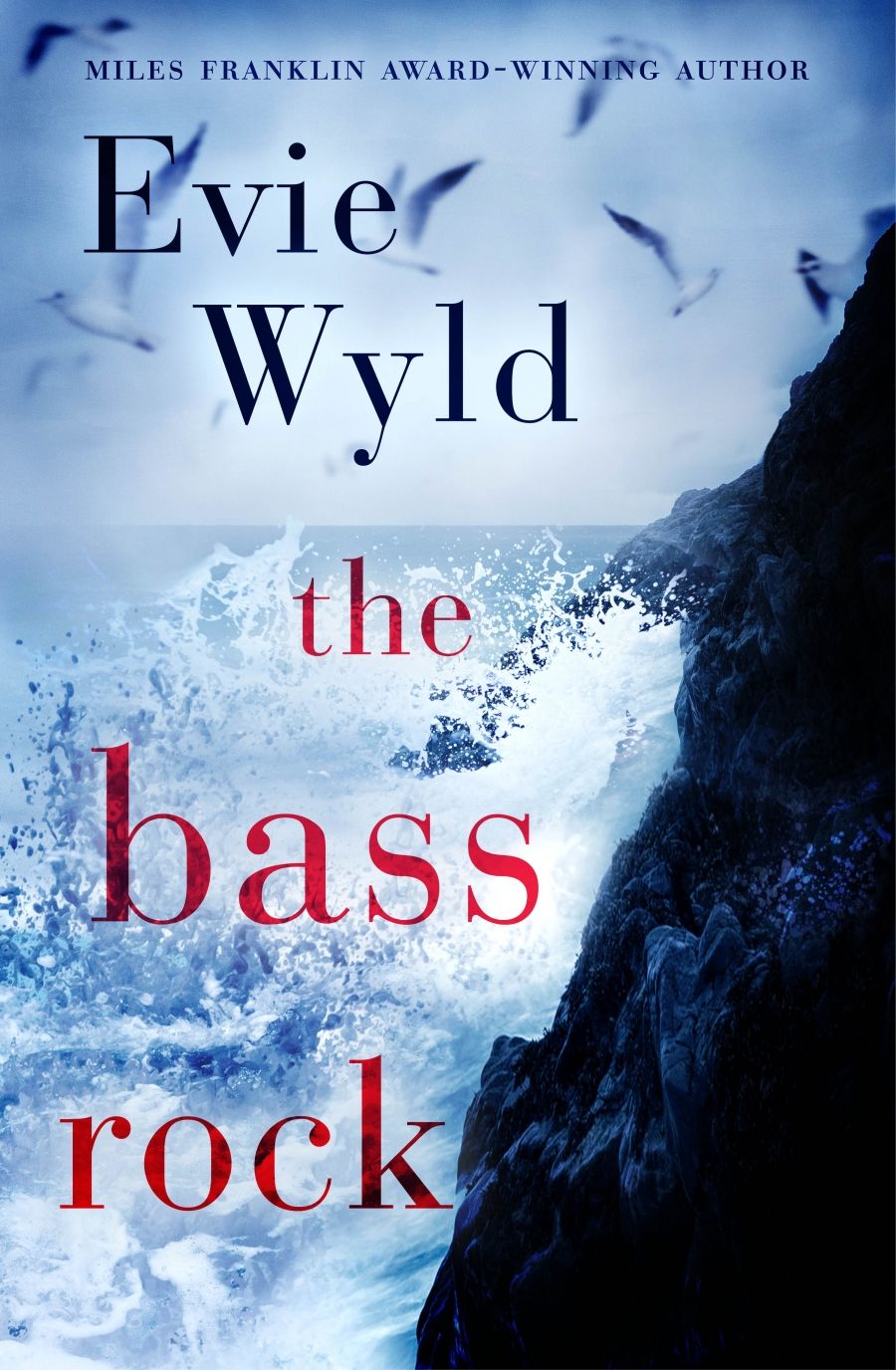
- Free Article: No
- Contents Category: Fiction
- Review Article: Yes
- Online Only: No
- Custom Highlight Text:
In a 2013 interview with British literary magazine Structo, Anglo-Australian author Evie Wyld recalls lamenting to a writing tutor that she wanted to write a big action thriller, ‘something with Arnold Schwarzenegger and machine guns and blood and explosions’ but was always writing ‘really quiet little paragraphs about Dads’. These paragraphs evolved into her haunting début novel, After the Fire, A Still Small Voice (2009). Wyld’s Miles Franklin Award-winning second novel, All the Birds, Singing (2013), was followed by a graphic memoir produced in collaboration with Joe Sumner, Everything Is Teeth (2015), detailing childhood summers spent on Wyld’s grandparents’ sugar cane farm and her shark fixation. The Bass Rock, her new novel, may not be a big action thriller either, but it is far from quiet and there is plenty of blood.
- Grid Image (300px * 250px):

- Book 1 Title: The Bass Rock
- Book 1 Biblio: Vintage, $32.99 pb, 359 pp
The novel takes place largely in North Berwick, site of Scotland’s first mass witch trials in the 1590s, and in view of the eponymous rock, once a prison and now a seabird sanctuary. It revolves around three separate women: Red-headed Sarah, accused of witchcraft in the early 1700s; Ruth (loosely inspired by Wyld’s paternal grandmother), who has just moved to North Berwick with her husband and his two young sons in the aftermath of World War II; and Ruth’s granddaughter Viv, who is staying in Ruth’s now-empty house in the present.
The Bass Rock expands on themes explored in Wyld’s previous novels: from the trauma of war and the intergenerational impact of violence, to her continued interest in food, mental illness, and the uncanny. Wyld’s skilful pacing, nuanced characterisation, astute observations, and rich sensory images will also be familiar to her readers.
Her descriptions are often vivid and disconcerting. A smell ‘scratches’ in ‘like a finger behind the eyeball’. A sleeping man’s hairy buttocks are like those of a ‘diseased bear’. A dying woman’s mad grief is likened to ‘birds sewn under the skin’, while another woman’s biceps stand out ‘like tangerines’. At one point, Viv observes that her mother’s ‘mushroom book is growing mushrooms’.
 Evie Wyld (photograph by Urzula Soltys/Penguin)
Evie Wyld (photograph by Urzula Soltys/Penguin)
Wyld also has a keen eye for details: from a carelessly abandoned sandwich to the evolution of an unsettling version of hide and seek. Some elements recur through the novel: among them dogs and wolves and foxes, pineapples, a small wooden box, packages of stewing steak, tickling, permutations of a pop song, ghosts and wolfmen, the pervasive smell of stinkhorn mushrooms, and – because this is Evie Wyld – at least one shark.
Wyld has a knack for the arresting opening. In this tense, gothic novel it is the discovery made by a child walking with her mother and dog on a Scottish beach. While looking for cowries, the girl finds a woman’s body in a ‘bulging’ black suitcase. The stump of a finger showing through the broken zip reminds the six-year-old of the ‘miniature plaster ham’ from her dolls’ house. As her mother drags her away, telling her not to look, the girl spots an eye through the pale fingers, ‘an eye that seemed to look back at me, that seemed to know something about me and to ask a question and give an answer’.
Violence against females has been a constant theme in Wyld’s work – from the murders and domestic abuse that occur on the periphery of After the Fire, A Still Small Voice, to the brutal treatment of Jake in All the Birds, Singing, and even the harsh prawn-farming techniques mentioned Everything Is Teeth. Here it takes centre stage. In a powerful monologue raging against societal amnesia and femicide, free-spirited Maggie (a self-declared witch who befriends Viv) wonders, ‘What if all the women that have been killed by men through history were visible to us, all at once? If we could see them lying there.’
Bearing witness is clearly imperative to Wyld: in this novel she homes in on North Berwick in an attempt to conjure the shades of the women murdered and abused there over the centuries. Ruth, Viv, and Sarah’s compelling stories are punctuated by a series of brutal vignettes. Presented without headers or page numbers, the horrors they contain have a sense of timelessness. The cumulative effect can be overwhelming, while the final fragment offers heartbreaking insight into an earlier incident, bringing the story full circle.
Wyld’s provocative novel explores the myriad ways in which abuse can affect or abbreviate women’s lives. It could make a good fictional companion to recent works of non-fiction on the subject, including Jess Hill’s See What You Made Me Do (2019). The violence is not only limited to women – Wyld touches on institutionalised abuse by clergy and boarding masters – but it is the spectrum of male violence against women that is central. In The Bass Rock, women are variously raped, murdered, abused, institutionalised, and objectified. Some are content or complicit in their circumscribed lives, others try to be, and others rebel. Many drink.
Thankfully, there are flashes of hope, warmth, humour, and catharsis. Female friendship is a balm and there are some kind, well-meaning male characters, but this is a dark, confronting book. The controlled fury at the bleak, defiant heart of this impressive novel is as relentless as the waves crashing against the Bass Rock, forcing the reader to bear witness and to accept that maybe ‘there’s no difference between these women and me, or you or your mother, or the lady in the tea shop. We’re just breezing in and out of the death zone.’


Comments powered by CComment